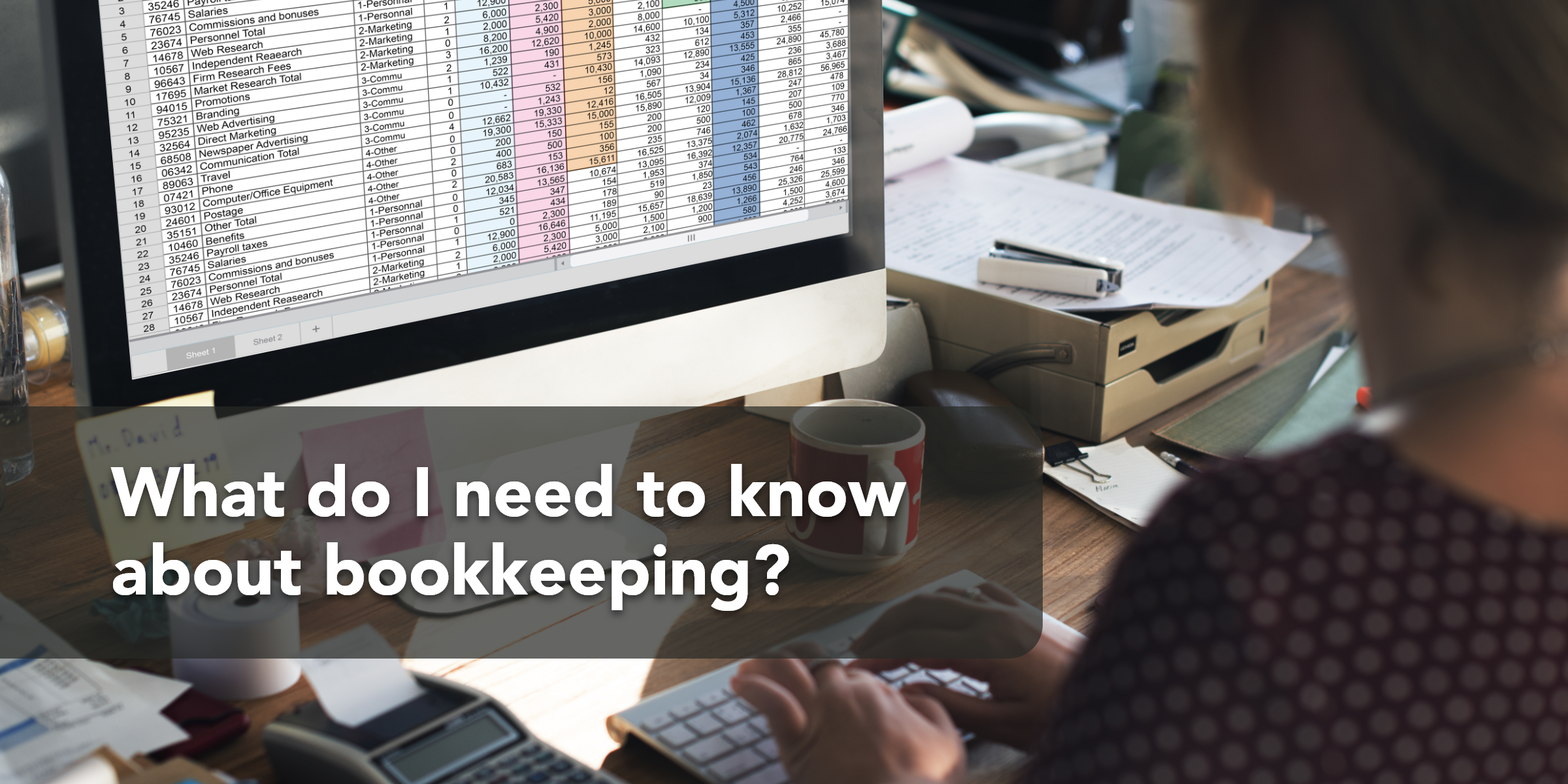There’s a lot you need to know about bookkeeping now that you’re in business for yourself as a freelancer or an online seller. The Bureau of Internal Revenue or BIR actually requires you to keep Books of Accounts, or records of your business transactions, and to file these books at the BIR on certain deadlines.
This means you need to record all purchases made from you, make sure these records and accurate, and keep them ready for inspection at your office or wherever you’re doing business. After all, you never know when the BIR is going to come over to check on your books—they do this during a surprise visit called Tax Mapping.
How do I know which books I need?
Which books you use depends on what kind of business you have as a freelancer or online seller. This also depends on how big your business is in terms of how many customers or clients you have, and how much you earn.
See which classification describes your business best in the guide below:
| BOOK | BUSINESS TYPE | ||
| Service | Retail | Manufacturing | |
| General Journal | ✔ | ✔ | ✔ |
| General Ledger | ✔ | ✔ | ✔ |
| Cash Receipt Journal | ✔ | ✔ | ✔ |
| Cash Disbursement Journal | ✔ | ✔ | ✔ |
| Sales Journal | ✔ | ✔ | |
| Purchase Journal | ✔ | ✔ | |
| Inventory Ledger | ✔ | ||
| Cost of Sales Journal | ✔ | ||
What are the different types of books?
There are three different types of Books of Accounts: manual, loose-leaf and computerized.
Take note: Keeping two or more sets of Books of Accounts is not allowed.
- Manual Books of Accounts are handwritten journals and ledgers. You’ll have to take extra care that you don’t make mistakes or erase anything.
- Restrictions: Do not paste, tamper with, print out, or insert any entries.
- Validity: You can keep using the same book until all the pages are used up.
Take note: You need to register new books at your RDO before April 15th every year, which is when you file your first quarterly income tax return or your annual income tax return.
- Loose-Leaf Books of Accounts are simple, computerized records of your transactions that you print out and bind. You need to submit the bound copy with a sworn statement saying that your files are correct.
- Restrictions: The BIR has to approve your loose-leaf bookkeeping process before you can use it. You can find out how to get approval, here.
- Validity: You need to submit your bound books with your sworn statement every January 15th or fifteen days after the end of each taxable year to your RDO.
- Computerized Book of Accounts are computer programs or software you can use to record your transactions. Just like loose-leaf books, you’ll also need a sworn statement that says your records are correct.
- Restrictions: Make sure that the program or software you’re using is registered with the BIR; otherwise, your books won’t be valid. You’ll need to get a permit to use this program before you can start using it for your business.
- Validity: You need to submit your books at your RDO in Text File format on a Read-Only CD (not writeable) on January 30th or 30 days from the closing of each taxable year.
How long do I have to keep my books?
Whichever type of books you have, the BIR requires you to keep hard copies of your books of accounts, subsidiary books, and other accounting records for 5 years, and preserve them for up to 10 years from:
- the day after filing of your returns (if you paid on time),
- day of filing (if you paid late),
- the last entry on the taxable year in which the book was made
You can only keep electronic or digital copies of your books after the date specified by the BIR.
How do I register my Books of Accounts with the BIR?
You can register your books when you get your Certificate of Registration or COR, and your Authority to Print or ATP. Find out how you can get your COR and ATP, here.
If you’re a sole proprietor, you’ll need to fill up a Form 1901; if your business is a partnership, you’re need a Form 1905, instead. You’ll also need to prepare your permanently bound books of accounts for registration and stamping, as well as your current or latest Form 0605. Submit all these documents to your RDO.
Do you need help with your bookkeeping? Ask an accountant from one of our Partner Firms, today.






